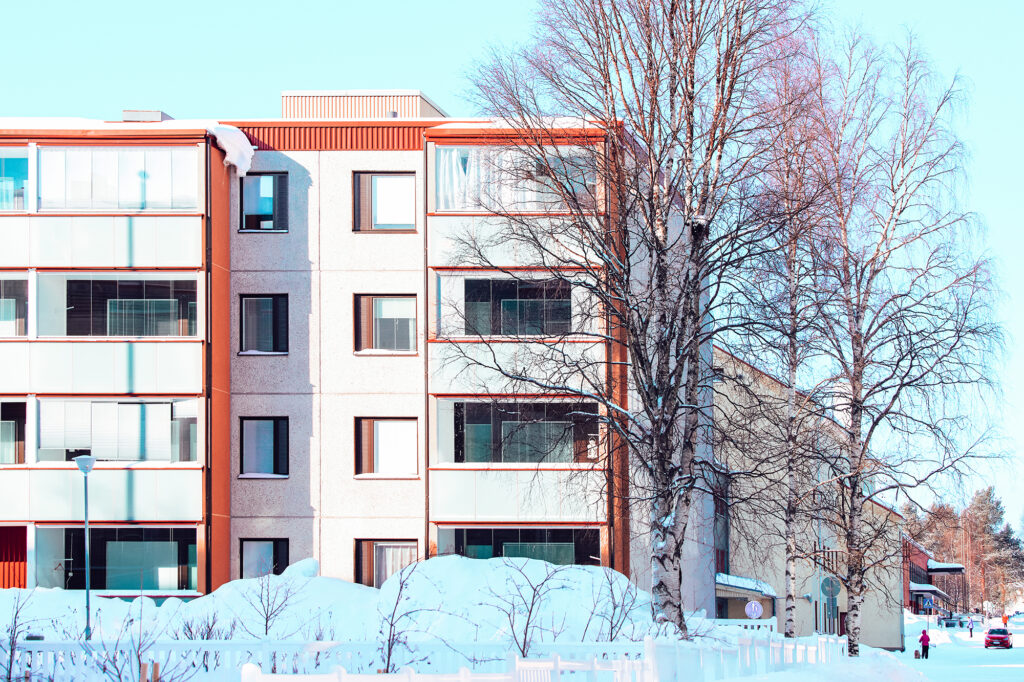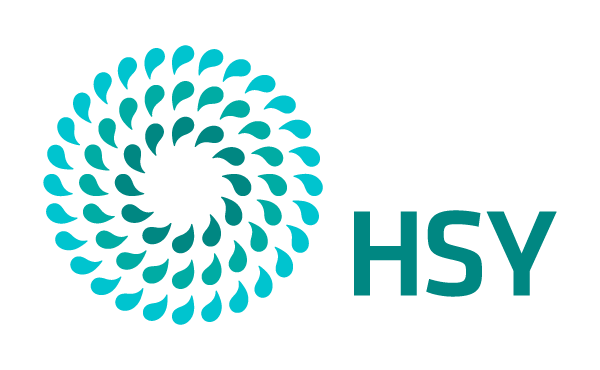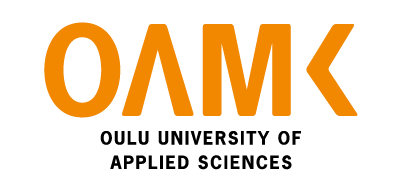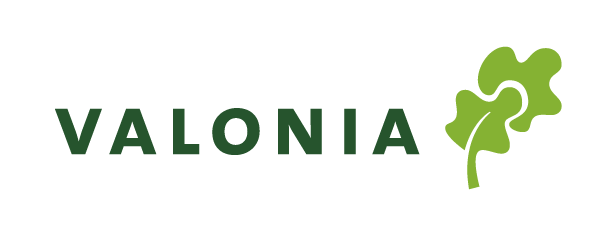
Climate Change Resilience for Housing Companies – TALVI
1 March 2024 - 31 May 2026
Engineering and Engineering Trades

Climate change has brought numerous new challenges to housing cooperatives; increasing rainfall, moisture, cloudiness, heatwaves, and the ever-rising cost of fossil energy must be considered in the decision-making and renovation projects to ensure that properties remain healthy and safe to live in while retaining their value. TALVI project creates tools for housing cooperatives to manage and repair properties in a climate-resilient manner.
Project goals, key actions, and results
The goal of the project is to create concrete tools and models for housing cooperatives to adapt to climate change. The project reviews existing tools used for building condition assessments, analyses their usability, and makes recommendations for improvements to account for the impacts of climate change. The models and example documents developed in the project are tested in practical situations. The result is the creation of recommendations and models for housing company management tools.
The project also participates in the condition assessment of pilot housing cooperatives and the planning and implementation of repair projects in an observer role, proposing additions from the perspective of climate change. The result is the creation of a service framework and model phrases to be used in condition assessment reporting.
The expected outcomes of the project include improved understanding of the impacts of climate change on housing cooperatives, developed management practices, updated condition assessment methods, and more efficient information sharing. Additionally, the project aims to strengthen the competence and active role of housing cooperative decision-makers in addressing the challenges of climate change. The results of the project will be communicated nationwide.
Funding and collaboration
The project is co-funded by the European Union, with funding granted by the North Ostrobothnia ELY Centre. The main implementer of the project is the Helsinki Region Environmental Services Authority (HSY), with Valonia as the other co-implementer. Oamk is responsible for the measures implemented in the North Ostrobothnia region and, in collaboration with other project partners, for the national impact of the project.


